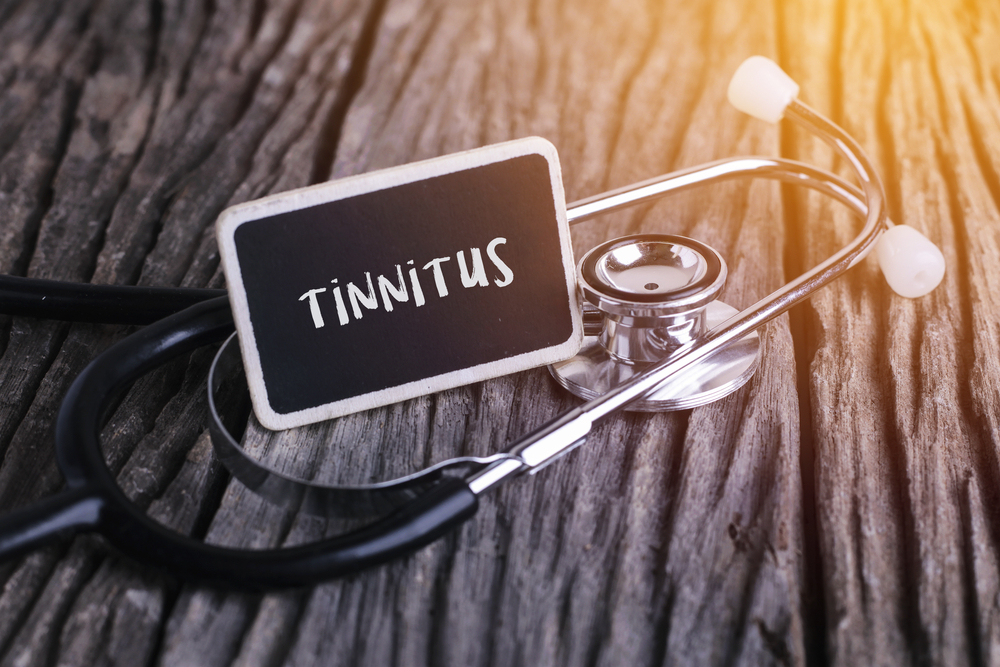Tinnitus, commonly recognized as a persistent ringing in the ears, impacts millions of people globally. This condition can vary from temporary to chronic and may affect one or both ears. While tinnitus itself is not a disease, it is often a symptom of underlying issues. Stress is a known trigger for tinnitus, creating a feedback loop where the stress-induced tinnitus leads to more stress, which, in turn, exacerbates the tinnitus. However, there are effective methods to break this cycle and reduce the ringing.
Understanding the stress-tinnitus connection
Stress is a significant factor in triggering tinnitus, and once the ringing begins, it can intensify stress levels. This loop can make tinnitus feel overwhelming, but by addressing the stressors in your life, you can alleviate some of the discomfort associated with tinnitus.
Stress management tips for tinnitus relief
Managing stress can reduce some of the symptoms of tinnitus, leading to a more peaceful and comfortable life. The first step in managing tinnitus is to understand and identify the stressors that may be contributing to it.
Identifying your stress triggers
Take a moment to reflect on your daily life and pinpoint situations that consistently cause you stress. While certain aspects of your work or personal life might be unchangeable, recognizing these stressors allows you to manage your reactions better. Pay attention to the moments before your tinnitus flares up—were you stuck in traffic, dealing with a difficult task, or feeling overwhelmed? Sometimes, even seemingly minor situations, like waiting in a long line, can spike stress levels. In such cases, finding small distractions, like flipping through a magazine, can help keep stress at bay.
Prioritizing personal time
In our fast-paced lives, it’s easy to neglect personal downtime. While staying busy can sometimes be beneficial, too much stress can lead to negative consequences, including the onset of tinnitus. Make it a priority to carve out time each day just for yourself. Whether it’s taking a quiet walk, reading a book, or simply sitting in a peaceful environment, these moments of relaxation can significantly reduce stress. Listening to soft, calming music can also be beneficial—just ensure the volume is low to avoid further ear damage or aggravation of your tinnitus.
Practicing relaxation techniques
Incorporating relaxation techniques like meditation and deep breathing into your routine can help shift your focus away from the tinnitus. Even if your tinnitus wasn’t initially caused by stress, these practices can prevent the condition from worsening due to anxiety. This is especially crucial before bedtime, as the fear of losing sleep over tinnitus can heighten stress and make the ringing more pronounced. Meditation doesn’t require a formal setting; find a quiet corner in your home, close your eyes, and concentrate on your breathing. Over time, you’ll be able to extend these sessions, deepening your relaxation and improving your sleep quality, which may help reduce tinnitus by morning.
Treating yourself to reduce stress
Sometimes, indulging in simple pleasures can make a big difference in managing stress. Consider treating yourself to a massage, which can relax both your body and mind, potentially easing your tinnitus symptoms. If a massage feels like a luxury, remember that it’s an investment in your overall well-being, especially if tinnitus is affecting your daily life. Alternatively, spend your day off doing something enjoyable, like visiting a museum or taking a nature walk. Even small acts of self-kindness, such as choosing the best piece of fruit from a bowl, can boost your mood and lower stress levels.
Seeking professional support
If self-care techniques aren’t enough, consider talking to a professional on therapies and treatments that can help you find additional relief. Find an expert near you to schedule an appointment to get started.



